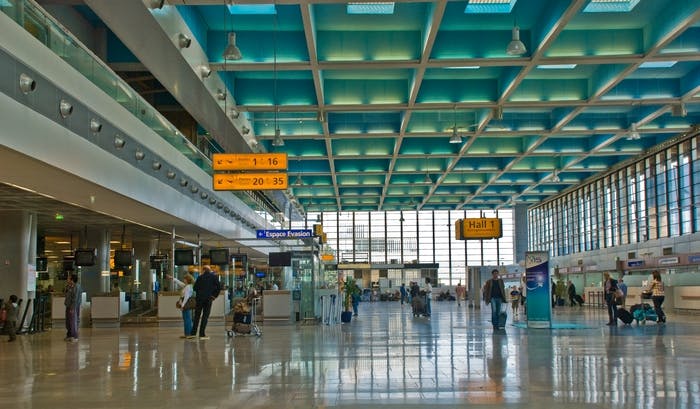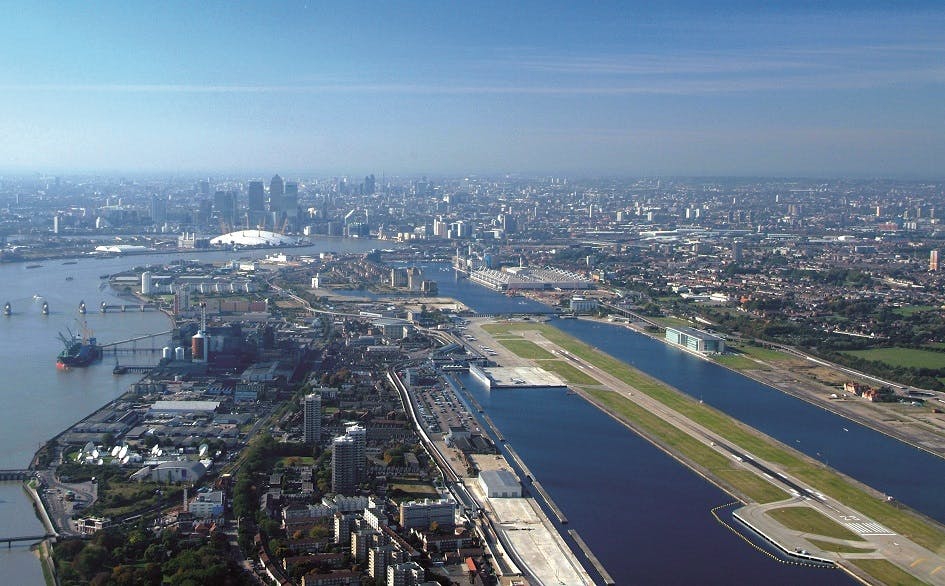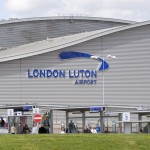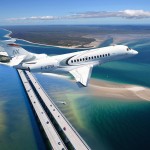Investing in airports
Interesting news from France recently, with the government announcing it intends to privatise Lyon and Nice airports.
This is a big move, as for a long time most airports in France were state-owned. This was followed by a gradual move in the 2000s to local authority management, and now to privatisation.
The Japanese government is also currently selling 30-40 year concessions to run some of its airports. And other countries have been doing the same for many years.

Airports tie up a lot of capital for governments, but can be very lucrative . So there is no shortage of investors looking to take them on, such as pension funds, private equity houses and infrastructure specialists.
Why are airports attractive to investors?
Airports provide a very diversified range of income streams, which presents a good risk profile for investors. There are many ways that money changes hands. From aviation-specific sales, such as landing fees and airline contracts, to retail, shopping and hotels.
And demand for aviation is growing. So returns from well-run airports can be very high, compared to other major infrastructure investments.
Is private investment in airports good for customers?
Releasing state control of airports has also seen an injection of creativity in the way they are run – and this has resulted in improvements in the customer experience. Such as London Luton Airport‘s more frequent train connections and more security lanes in recent years. Both were driven by investment firm Ardian, which owns a stake in the airport.
Similarly at Brussels airport, private investors have helped to upgrade the link between the two terminals, centralising the shopping and security areas.

This win-win scenario means airports are now targeted by large investors, who are seeing considerable return.
London City Airport was put on sale in April 2015 by the US investment firm Global Infrastructure Partners (GIP), which holds 75% of the airport’s market share. GIP also owns a stake of London Gatwick and Edinburgh airports.
Bought in 2006 for £750 million, London City is now estimated at £2 billion, a sizeable profit for GIP.
In recent years the focus has been on Europe, which has seen more than half of all airport investment deals since 2011 (according to Preqin, a data firm). But this means European valuations are sky high, Ljubljana Airport was sold last year to Fraport, a German airport specialist, reportedly for a 20 times its annual earnings.
So some investors may look further afield, to the emerging markets such as Asia and Africa, where airport traffic is expected to grow rapidly over the next 20 years.
Our Flight Team can advise you on which airport is best for your next private jet flight. Contact us or call +44 1747 642 777.
Related content

From noodles to private jets: Tech makes the FT 1000 fly

What’s the future for bizav at Luton?



